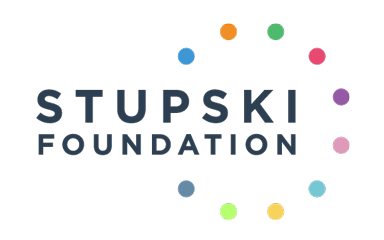Is your organization leading work-based learning programs for students and young workers of color in San Francisco and Alameda Counties?
We invite interested organizations to submit a one-page snapshot of their work and goals with us for consideration for funding. As part of Stupski’s postsecondary success grantmaking, we are looking to partner with a small cohort of grantee partners who are leading work-based learning efforts for students and young adults ages 18-34 in our communities.
Apply by April 1st, 2021.
Full details below!
A Snapshot of Your Work
This pre-proposal application pertains to the emerging work-based learning sub-strategy within the Stupski Foundation’s postsecondary success portfolio. The purpose of this pre-proposal application is to solicit and evaluate high-level project proposals from potential partners before they are invited to submit a request for proposal (RFP).
Work Based Learning
Work-based learning is an emerging sub-strategy within Stupski’s postsecondary success portfolio. For students and young workers of color, a college degree is often necessary but insufficient to secure a quality job upon graduation—a reality that the pandemic has further exacerbated. While the work-based learning continuum includes a range of activities, Stupski seeks to support San Francisco and Alameda County students and young workers of color ages 18–34 with career experience. 1 2 Specifically, the Foundation seeks to:
- Direct service: support organizations engaging students and young workers of color as paid workers—in conjunction with related classroom, lab, or apprenticeship instruction—in a particular industry or occupation; the program should be connected to employment outcomes
- Systems change: support organizations increasing career experience opportunities for students and young workers of color through systems change initiatives
What We Are Unable to Fund
- For-profit institutions or for-profit credential programs
- Early career interventions, including K–12 or postsecondary career information and awareness
- Programs or initiatives that do not prioritize students and young workers of color ages 18–34 living, working, or studying in San Francisco and Alameda Counties
- Career programs that are unpaid or fields that do not pay a Bay Area living wage
- Last mile or mentorship programs serving unemployed or underemployed college graduates, unless they create paid career experience that results in employment
Submission Criteria
Please note that a submitted pre-proposal application is not a guarantee of funding. Stupski anticipates that it will receive more qualified pre-proposal applications than grant awards are available. In this initial phase of grantmaking, Stupski seeks to work with a cohort of four to five organizations. If your organization is not invited to submit an RFP, it may still be invited to do so in the future.
For this pre-proposal application, please submit a one-page concept paper that includes a brief overview of the project, including:
- Leadership commitment to diversity, equity, and inclusion
- Demographic information on the students and young workers served
- High-level project overview and types of metrics collected
- Estimated grant budget (between $50,000–$200,000 per year over three years); the budget will be proportional to organizational maturity and project scope. Stupski seeks a diverse mix of projects at all funding levels.
Stupski is able to consider diverse application formats; if desired, applicants may submit a video or voice note in lieu of a written application. Stupski will independently review the organizations’ website and other publicly available materials.
Deadline: The one-page pre-proposal application is due by April 1, 2021. Please email your completed pre-proposal application to Malila Becton-Consuegra, postsecondary success program officer (Malila@stupski.org), and Chase Behringer, consultant (Chase@svsv.org).
- Jobs for the Future, “Work Based Learning Framework”
- Work experience models can include apprenticeships, transitional jobs, on-the-job training, and work-based courses.


